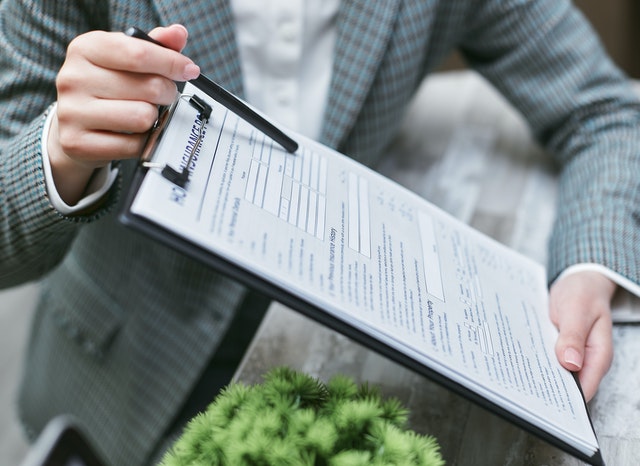The purchasing of car insurance not only gives you peace of mind but can be instrumental in protecting you in the event that you have an accident. You must have car insurance in Canada if you own a car or another vehicle.
Car insurance can be essential for protecting you from liability claims in the event that you are held responsible for an accident that caused damage to another person or to another party’s vehicle or having to repair your vehicle or car if it is damaged in an accident.
You might also hear insurance companies refer to this type of coverage as property and casualty insurance, but property and casualty insurance also include business insurance, disaster insurance, and home insurance.
Understanding Who Is Covered in A Car Insurance Policy
If you get into a vehicle accident, the car insurance might cover the passengers, the driver, and other people who are involved. In certain provinces, injured passengers or other parties involved in the accident who have their own vehicle insurance policy will need to initiate a claim under that first.
The principal driver on a car insurance policy in Canada is the person who drives the car most frequently. Other drivers within the home many use the car as part of their routines, such as getting to work or school, but the insurance policy must include these additional drivers. The premiums might go up if the additional drivers have a bad driving record.
Understanding What’s Covered in A Car Insurance Policy
The coverage on your vehicle policy is the maximum amount of money that the car insurance company will pay you in the event that you need to make a claim for loss covered by the policy. Canadian territories and provinces require drivers to have mandatory coverages and certain provinces require more coverage than others. Liability insurance will cover losses, such as death or injury in the event that your vehicle accident causes these to other people, but it also covers damage that your vehicle causes to others.
If the cost of the damage or losses is greater than your liability, you’ll have to pay the settlement balance yourself. Liability insurance does not cover the cost of repairs that you need to make to your own vehicle, and you might consider supplemental insurance to cover those costs.
Accident benefits or bodily injury insurance are another type of benefits paid out for the purpose of covering the cost of medical expenses and the loss of income when you are in a vehicle accident. You might also choose to select additional insurance coverages, such as comprehensive insurance and collision insurance.
Understanding What A Car Insurance Policy Doesn’t Cover
The vast majority of vehicle insurance policies will not cover the loss of personal possessions, but it is possible that your tenant or home insurance will cover this. Check your home insurance policy carefully to see whether or not it covers theft of personal items from your vehicle.
Understanding Settlement
In the event that you need to file a car insurance claim with your insurance carrier, your insurance company will evaluate the claim and decide how they intend to settle it. You are responsible for paying the deductible when you initiate a claim, but how much money you get from your claim depends on the severity of the damage and injuries and your insurance benefits.
Your insurance company will pay for your vehicle to be fixed or rebuilt in the same condition that it was before it got damaged in a repair or replace policy. In a betterment situation, the car insurance company will only pay for your vehicle to be fixed in the same condition it was before it became damaged. If your car requires any additional repairs for things that were broken before the accident, you would need to pay the additional cost for these improvements. Usually your car insurance policy will include a loss payee clause, which means that the lender is your beneficiary in the event of damage or loss to your car.














